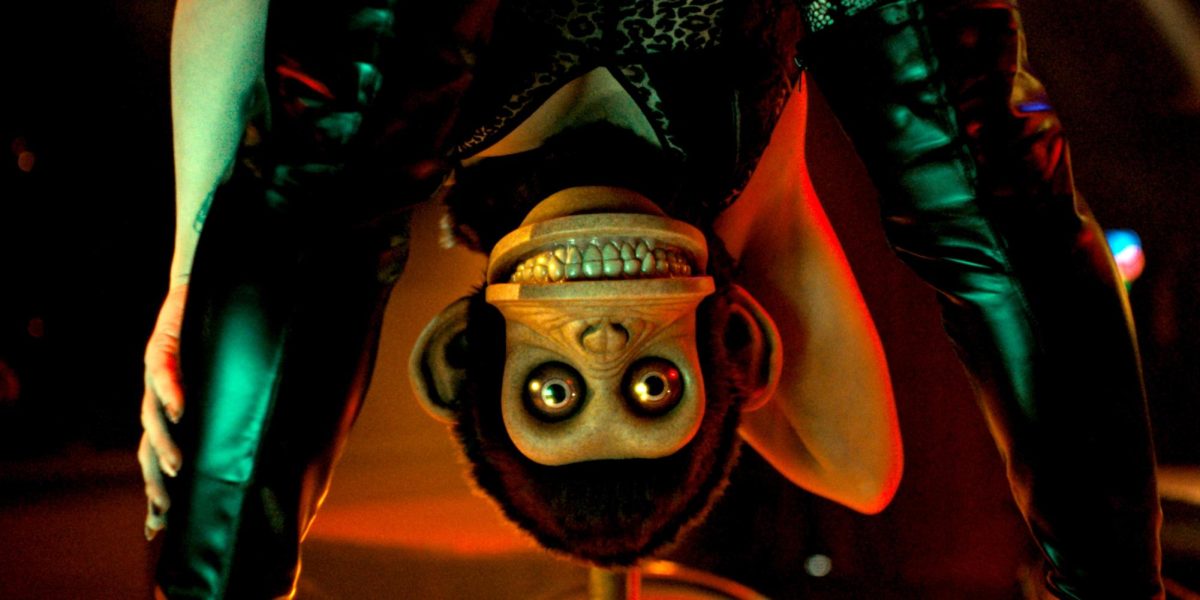The science fiction genre may be one of the most thrilling realms of fantasy. Intense action and advanced technologies can provide some of the most riveting visual experiences in cinema, but only if done well. Despite big-time explosions and mind-altering slow motion, the bold visuals of science fiction thriller “Transcendence” can’t save the film from being a clumsy romp through sci-fi cinema.
Johnny Depp stars as artificial intelligence researcher Dr. Will Caster, in the film, which tries to address the fears of evolving technology but falls short because of its lack of storyline and shoddy visual effects, ranging from explosions and slow-motion scenes that are consistently hit or miss.
Caster has devoted his career to studying artificial intelligence and has created a large processing computer capable of creating an event called “transcendence,” which happens when artificial intelligence reaches a degree of power exceeding human intelligence. While speaking about transcendence at a fundraising conference, a terrorist organization opposed to his research, the Revolutionary Independence From Technology, shoots Caster. He survives, but the bullet is laced with radioactive material and afflicts him with radiation poisoning, giving him only a few weeks to live.
At this point, his wife Evelyn (Rebecca Hall) and scientific colleague Max (Paul Bettany) decide to upload Caster’s intelligence into the system he had built, creating what he had always wanted by hard wiring his brain with chips and downloading his consciousness before the radiation poisoning kills him. This allows his wife to delve into his powerful mind and discover the frightening ways technology can impact the human race.
The film features a strong supporting cast, including Morgan Freeman and Cillian Murphy, but even the star-studded cast can’t save the subpar writing in the screenplay penned by Jack Paglen. Depp’s performance is solid, but he is hardly on screen for the film. His voice is featured prominently throughout “Transcendence,” but the movie trailer led many to believe he would have the most screen time as a prominent human character instead of one that becomes a computer and remains a digital entity for the majority of the film.
The picture may feel like it is trying to hit upon the same themes that Spike Jonze’s “Her” did, focusing on the evolution of technology and its positive capabilities. Paglen’s attempts, however, remove the touching human element that “Her” displayed so well. In the place of emotional value, the team ineffectively implements large set pieces and big explosions, seemingly to compensate for the absence of human compassion, though these efforts prove futile.
Additionally, the visual effects were hit or miss. The effect of slow motion to show particles moving through the air was used frequently throughout the film and done with great precision. But every time there was an explosion of some kind, it took the audience completely out of the scene because of how fake the computer-generated effects looked. The film was not cheap to produce either, with a $100 million budget, making the fluctuating effects even more disappointing.
One strength of this film is the score added by Mychael Danna, who just a couple of years ago won an Oscar for “Best Original Score” for ‘“Life of Pi.” In “Transcendence,” his score helps keep some action scenes compelling by driving viewers to the edge of their seats, and his mix of subtle choir voices during dramatic moments help the film effectively drive emotion.
While the idea of “Transcendence” is very thought-provoking, the execution of the idea throughout the film is not one worth seeing in theaters. With so many issues, be it the visuals or the narrative, the film’s success at the box office will suffer, and those who turn out to see it may leave this film disappointed.
















